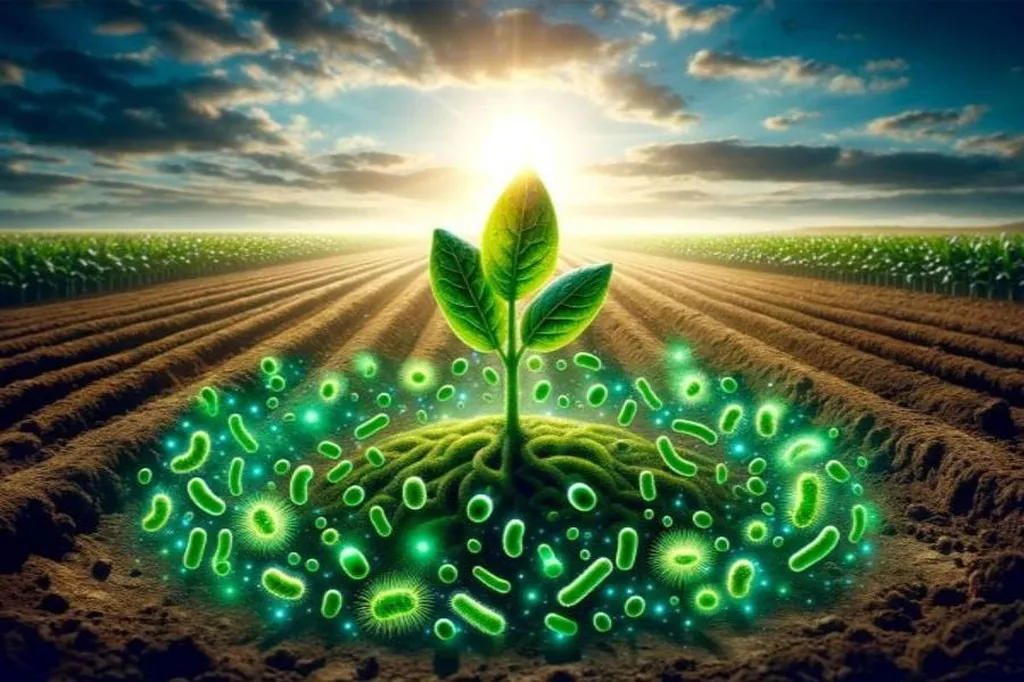In the heart of Egypt, a groundbreaking study is reshaping the way we think about sugar beet cultivation and sustainable farming. Dr. Naema E. M. Salama, a leading researcher from the Sugar Crops Research Institute at the Agricultural Research Center in Giza, has unveiled a novel approach that combines magnetically treated irrigation water (MIW) with potassium nano-fertilizers to enhance the physico-mechanical properties of sugar beet roots. This innovative method, published in the journal *Cogent Food & Agriculture* (which translates to “Thoughtful Food & Agriculture”), could have significant implications for the agricultural sector and beyond.
The study, conducted over two growing seasons, explored the synergistic effects of MIW and various potassium fertilization treatments on sugar beet roots. The treatments included combinations of traditional potassium oxide (K2O) and nano-potassium (Nano K) fertilizers. The results were striking. The combinations of MIW with 100% K2O and MIW with 75% K2O + 25% Nano K consistently yielded the highest values for root diameter, thickness, length, projected surface area (PSA), weight, firmness, and penetration energy.
Dr. Salama explained, “The use of magnetically treated water in conjunction with nano-fertilizers not only improves the physical and mechanical properties of sugar beet roots but also promotes resource efficiency and crop resilience.” This approach could revolutionize sugar beet cultivation, offering a sustainable strategy that minimizes environmental impact while maximizing yield.
The implications for the agricultural sector are profound. Enhanced root properties translate to better crop quality and higher yields, which can significantly boost the economic viability of sugar beet farming. Moreover, the reduced need for traditional fertilizers could lead to lower production costs and a smaller environmental footprint.
Dr. Salama further elaborated, “This method holds great promise for the future of agriculture. By optimizing the use of resources and improving crop resilience, we can support sustainable farming practices that are both economically and environmentally beneficial.”
The study’s findings suggest that the combination of MIW and potassium nano-fertilizers could be a game-changer for the agricultural industry. As the world grapples with the challenges of climate change and resource depletion, innovative solutions like this one are crucial for ensuring food security and sustainability.
In the words of Dr. Salama, “The future of agriculture lies in our ability to innovate and adapt. This research is a step in that direction, offering a sustainable and efficient way to cultivate sugar beets and other crops.”
As the agricultural sector continues to evolve, the insights gained from this study could pave the way for new developments in sustainable farming practices. The potential benefits extend beyond the field, impacting the entire food supply chain and contributing to a more resilient and sustainable future for agriculture.

